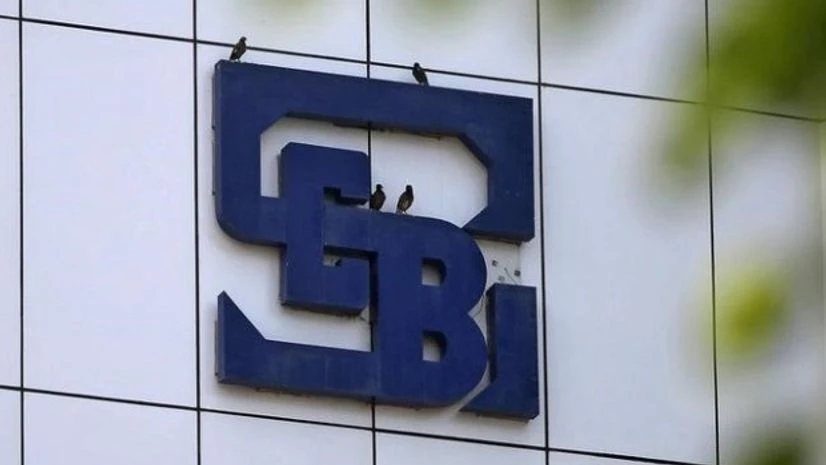The Securities and Exchange Board of India (Sebi) is likely to ask credit rating agencies (CRAs) to disclose the general nature of compensation arrangements with the rated entities, including exchange of gifts.
This is to address the conflict of interest arising from agencies charging companies for rating their securities. Agencies will have to include a note in their operations manual on how they manage this conflict. Further, any conflict of interest owing to the composition of members in the ratings committee has to be reported during an internal audit of the agencies.
“Investors relying on rating agencies should be aware of the monetary compensation given to the agencies. This will help them decide whether the rating, especially a positive one, is fair or not, and if there is an arm’s length distance between the issuer and the agency,” said Tejesh Chitlangi, partner, IC Legal.
More From This Section
Earlier this year, Sebi chairman U K Sinha had reportedly pulled up rating agencies for offering limited disclosure on ratings suspensions.
The regulator also plans to increase the set of standard disclosures. For example, CRAs might have to highlight the minimum information required for conducting the rating exercise and the policy regarding the monitoring and review of ratings, including policy for appeal by issuers against the rating assigned and that for placing a rating on credit watch.
Additionally, they might have to frame ratings criteria on default recognition and the post default curing period. The roles and responsibilities of rating analysts and of rating committees are likely to be more clearly defined under the new guidelines.
“Keeping a record of ratings history and asking for an explanation on how ratings are conducted will bring consistency in ratings actions. However, the regulator should not indulge in micro management — divulging too much information could impact the business of these agencies,” said Chitlangi.
The draft guidelines are also likely to list steps to strengthen internal audit for CRAs, including mandating a rotation of auditors every five years or earlier. Internal audit reports have to be sent to Sebi within two months.
At present, CRAs make limited disclosures as prescribed under Sebi’s credit ratings regulations. For the ratings assigned and their periodic reviews, CRAs have to issue press releases, which must be put on their websites.
An e-mail sent to Sebi went unanswered at the time of going to press.
There are four main rating agencies in the country. These are Moody’s-owned ICRA, S&P-owned CRISIL, Fitch-promoted India Ratings and ARC Rating-affiliated CARE Ratings. And, two standalone agencies, Brickwork and Smera Ratings.
The ratings agencies have come under Sebi’s lens after a sharp downgrade and withdrawal of ratings on the bonds of Amtek Auto last year.

)
